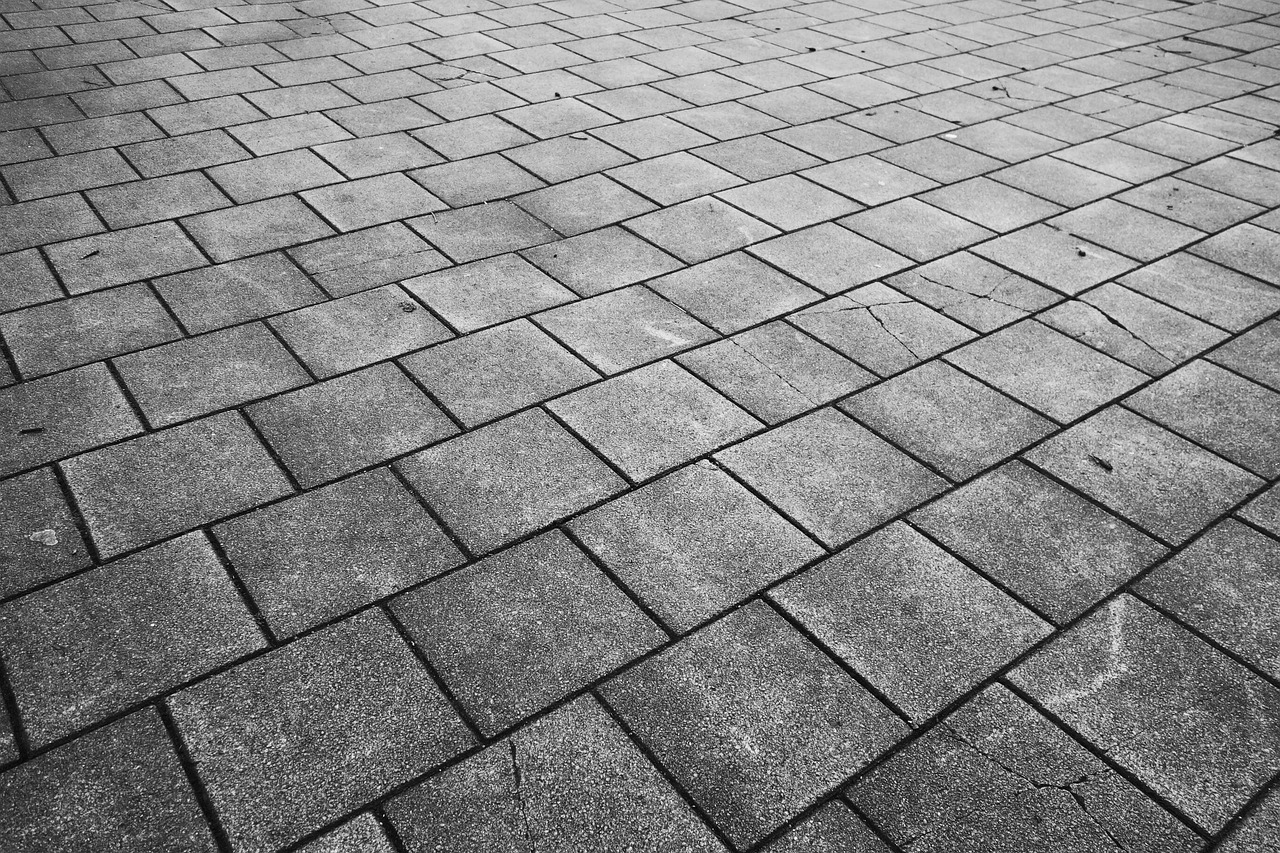The Project Partners
The research project is in cooperation with the newly established Chair of Mineral Construction Materials at the Technical University of Munich and is funded by the BMBF. Other partners come from research and industry - including IBU-tec, Lithonplus, Kraft Curing Systems, Heidelberg Materials and the Friedrich-Alexander University of Erlangen-Nuremberg.
Reduced Use of Limestone for CO2 Reduction.
The project's approach in the development of the process consists of a holistic reduction strategy for concrete production, producing cements using recycled concrete demolition waste and thus reducing the use of limestone, which is responsible for some of the emissions. Permanent sequestration of CO2 in concrete is achieved through carbonation curing. The use of the manufactured cement is then tested in practice in the production of concrete paving stones. In contrast to the production of conventional cement clinker, CO2 emissions are thus reduced during the burning process.
From the Laboratory to Scale-up in the Rotary Kiln
For the production of belitic, low-lime clinker, the first step at IBU-tec led to the laboratory. Different raw meal mixtures were investigated with regard to their treatment temperature and residence time in the carbonation hardening process. For this purpose, we were able to use our dynamic laboratory kiln - a specially designed kiln that allows the sample to be treated with a heating and cooling program that approximates the conditions in an industrial-scale plant. This was followed by physical and chemical characterization to evaluate the various reactants. The variations in the composition of the raw meal blends necessitated a detailed laboratory-scale investigation in order to be able to determine the process parameters from the test results for subsequent pilot trials in a pilot-scale rotary kiln.
This rotary kiln for the first step of the scale-up is one of our pilot plants, has a heatable length of approx. seven meters and was used to produce sample quantities required for various test steps in the evaluation as the project progresses. After a detailed characterization, the promising formulations were identified and clinker samples were again produced with them in the same pilot plant and evaluated again.
Results of our Trials
The realization: The approach works! Together with our project partners, we have successfully developed a CO2-reduced clinker and produced it on a pilot scale. The next step is now to further scale-up into a larger pilot-scale plant. We want to produce pilot quantities that will make it possible to test the developed clinker in real end products, for which we have selected the formulations with the greatest carbonation potential. Our production plant is a directly heated rotary kiln with a length of about twelve meters, production will start in the fall and initially amount to 10 tons. The material produced at that time will already be used in the manufacture of concrete paving blocks as a final product.



